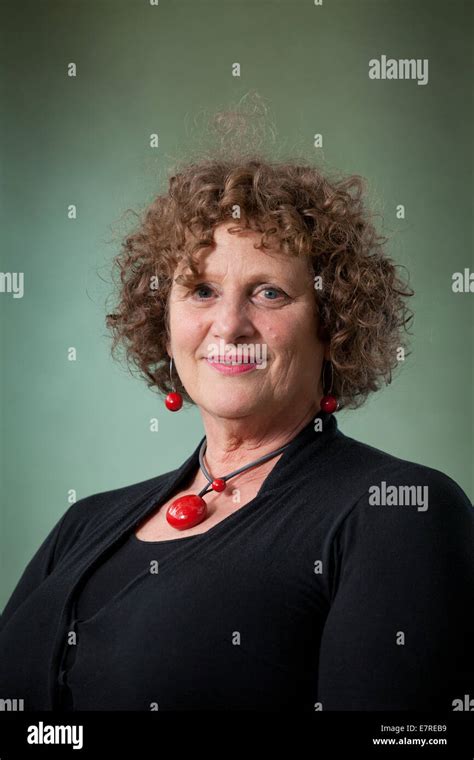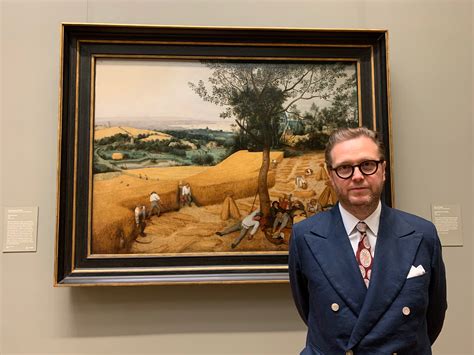A Quote by Siri Hustvedt
We lose ourselves in stories; that's the beauty of literary art.
Related Quotes
The beauty of the literary art, the grappling with the black church, the wrestling with one's identity in the bosom of a complicated black community that was both bulwark to the larger white society as well as a threshing ground, so to speak, to hash out the differences that black people have among ourselves.
I don't necessarily think stories have functions any more than diamonds have functions, or the sky has a function... Stories exist. They keep us sane, I think. We tell each other stories, we believe stories. I love watching the slow rise of the urban legend. They're the stories that we use to explain ourselves to ourselves.
The refining influence is the study of art, which is the science of beauty; and I find that every man values every scrap of knowledge in art, every observation of his own in it, every hint he has caught from another. For the laws of beauty are the beauty of beauty, and give the mind the same or a higher joy than the sight of it gives the senses. The study of art is of high value to the growth of the intellect.
There are characters in some short stories who exist as people, and there are other characters in different short stories who exist as purely literary constructs. You know, the young man in "Forbidden Brides of the Faceless Slaves in the Secret House of the Night of Dread Desire" - I probably got that right - is a literary construct, and enjoys being a literary construct. He has no life off stage, whereas the young men in "How to Talk to Girls at Parties" were as near to being real human beings as I could possibly get them.
It is difficult to see ourselves as we are. Sometimes we are fortunate enough to have good friends, lovers or others who will do us the good service of telling us the truth about ourselves. When we don't, we can so easily delude ourselves, lose a sense of truth about ourselves, and our conscience loses power and purpose. Mostly, we tell ourselves what we would like to hear. We lose our way.
Art, if it can be ascribed value, is most valuable when its beauty (and the beauty of the truth it tells) bewilders, confounds, defies evil itself; it does so by making what has been unmade; it subverts the spirit of the age; it mends the heart by whispering mysteries the mind alone can’t fathom; it fulfills its highest calling when into all the clamor of Hell it tells the unbearable, beautiful, truth that Christ has died, Christ is risen, and Christ will come again. None of these songs and stories matter if the beauty they’re adding to isn’t the kind of beauty that redeems and reclaims.






































